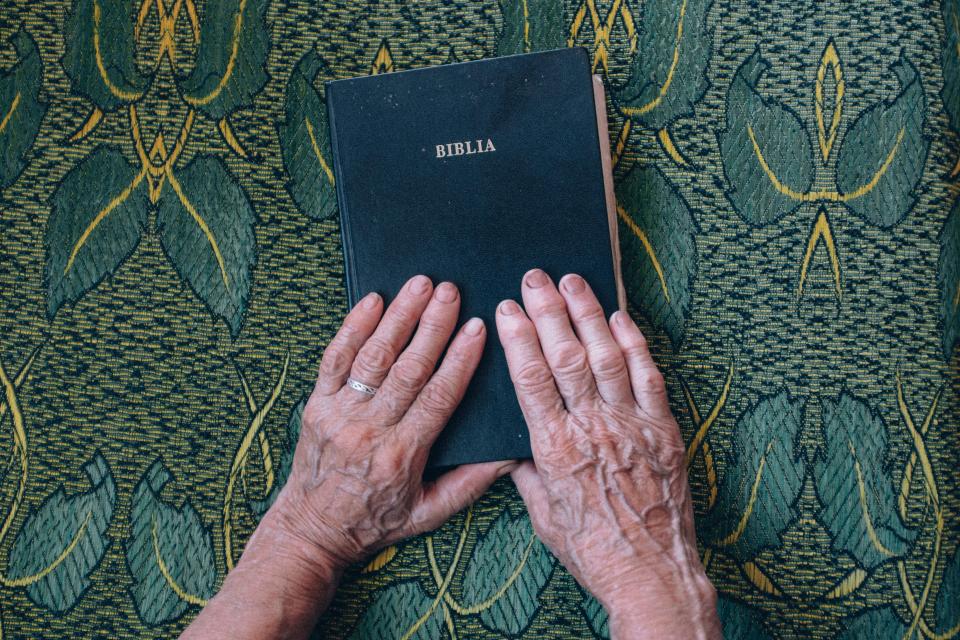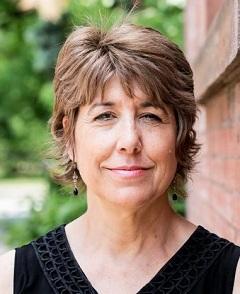Two years ago, my husband, Ephraim, and I were proud parents at our son’s graduation from university. The afternoon before the graduation ceremony there was a baccalaureate service in the chapel of his school. Seating was limited; each graduate could only invite a few people. Not surprisingly the Chapel was packed with parents, grandparents, and a few siblings.
The keynote speaker was a professor. She spoke of the usual kinds of things heard at graduations: the gifts the graduates have to give the world, the need to dream big, to make a difference. Perhaps because I was sitting in a chapel filled with generations of the graduates’ families, I was struck by how this generational reality was utterly absent from her remarks. The world she launched them into, the world where they were to shine, was devoid of family ties, of taking their place, and knowing themselves within the stream of the very generations who surrounded them that day.
This may seem an odd starting place on a blog about aging. But this same kind of abstraction happens when thinking about aging. We talk about how we deal with our failing bodies and face our mortality. How we let go of careers, if we’ve had them. If families are brought into the discussion, it’s often in terms of caring for aging parents. But the question of our vocation as we age within the stream of generations is rarely asked. I’m not sure we even know what to ask.
We need to start trying. To speak of aging at all is to locate ourselves within this stream. It’s not only my creaking knees that tell me I’m getting older. It is the growing number of generations that follow behind me: my children, our students, the young people at church. More importantly, the many genealogies in Scripture, the apostolic nature of faith, and the blessing of the families of the earth through Abraham and Sarah (Gen. 12:1-3) all point to the centrality of generations in God’s ordering and redemption of the world.
So, let me suggest a few questions for contemplation. First, as we age, what is our vocation to the generations who follow us? How does God call us to take our place among them? Second, what is the vocation of marriage as we age? If marriage is our vocation. When the kids are launched and, if we are lucky, the house is paid for?
The answers must be found in the reality that in Christ we are bound to each other across time. What is the vocation of younger people to older? Their life is not just about their future, but about the relationships they already have to those who are older. The older person who suffers with frailty and illness? What is his vocation to the fifteen-year-old teen who suffers with anxiety and depression? And her vocation to him? The vocation to our peers as we age?
These are Christian questions for the church to ask and worthy of the best of our thinking and prayer. Especially as our culture continues its erasure of the distinctions that are a part of human creatureliness.
No less a theologian that Oliver O’Donovan has addressed such themes. In a volume honoring the octogenarian ethicist, Philip Turner, this septuagenarian chose to write about “The Practice of Being Old” (Church, Society and the Christian Common Good: Essays in Conversation with Philip Turner, edited by Ephraim Radner, foreword by Stanley Hauerwas). I commend his essay to you. The practice of being old that O’Donovan describes is a vocation.
A vocation of living with and for one another—across time.






